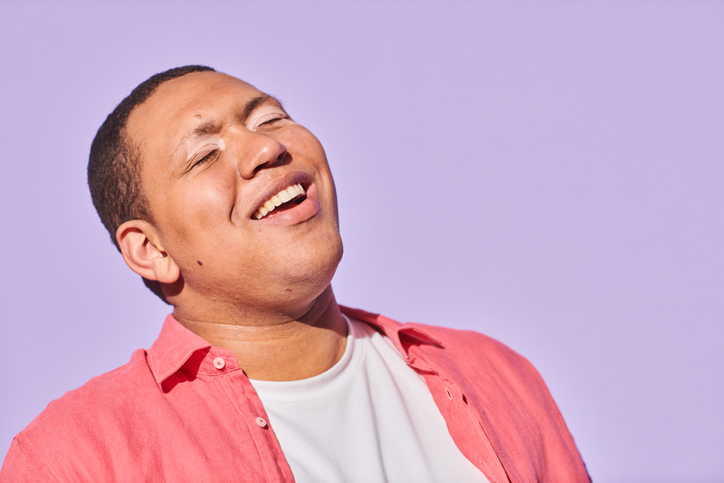About the American Association of People with Disabilities
Since 1995, AAPD has worked tirelessly alongside disability advocates, government agencies, and corporate and nonprofit partners to advance the goals of the Americans with Disabilities Act – and there’s more work to be done.

The American Association of People with Disabilities works to increase the political and economic power of people with disabilities.
As a national disability-led and cross-disability rights organization, AAPD advocates for full civil rights for over 60 million Americans with disabilities. We do this by promoting equal opportunity, economic power, independent living, and political participation.
